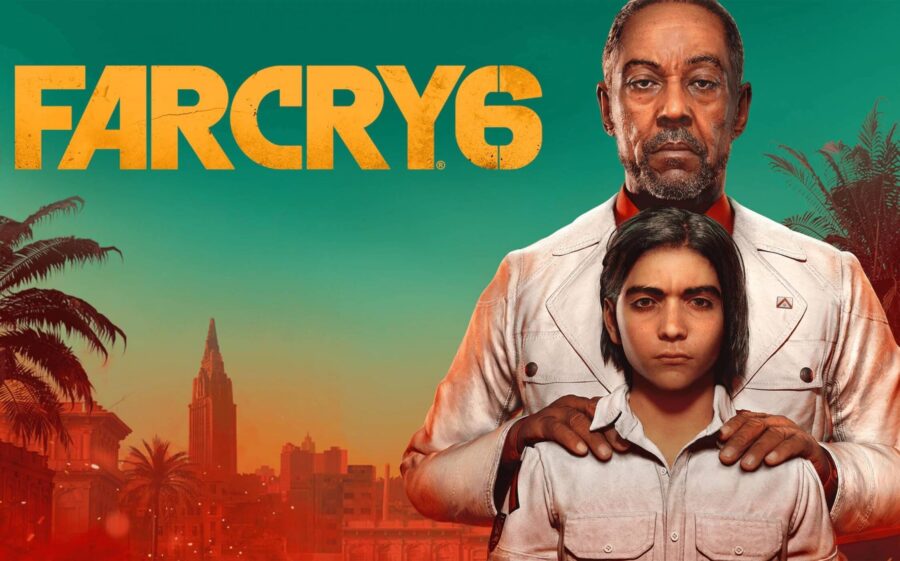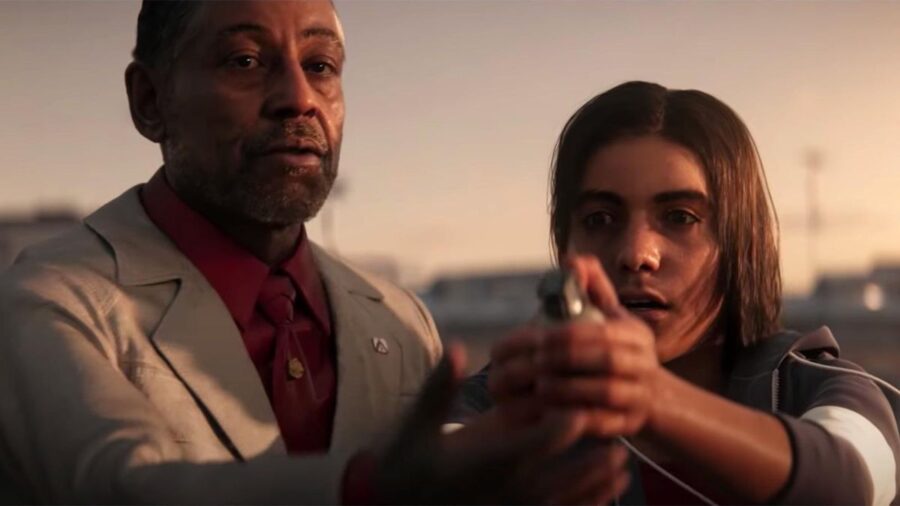Far Cry 6 Under Fire For Political Commentary
This article is more than 2 years old

Spicy things are cooking at Ubisoft, and we don’t mean that necessarily in a fun way. After coming under fire for toxic workplace culture, the company’s upcoming title, Far Cry 6, is now under fire for political commentary, adding another mischievous deed to Ubisoft’s already long list of questionable actions. However, this conflict’s with Ubisoft’s previous statements about the Far Cry franchise’s dissociation with political themes, prompting the question: what actually happened?
According to IGN, Ubisoft uses real-life stories from Cuban guerilla fighters as an inspiration for their newest installment in the Far Cry franchise, the Far Cry 6. However, issues arose when Ubisoft disclosed that the story takes place on a fictional Caribbean island of Yara, which is heavily inspired by Cuba, and ruled by the series’ new villain – “El Presidente” Anton Castillo, a fascist dictator with full control over a tropical paradise. It’s easy to see how the game and its developer came under fire, despite publically disclosing that Far Cry 6 remains politically impartial.
After coming under fire for political commentary, Ubisoft acknowledged that the game is inherently political in its narrative, as it is tied to revolutions – complex political processes that usually involve misuse of political power, use of military and paramilitary forces, and other means of restructuring political power. However, the company stressed that Far Cry 6 isn’t a political comment of Cuba specifically, its political history and/or any other real-world location.

Navid Khavari, Far Cry 6’s narrative director, said that the game’s narrative pays homage to guerilla warfare and its fighters throughout history, which are obviously tied to revolutions. The team behind the project drew their inspiration from the most iconic guerilla fighters of the ‘50s and ‘60s – the Cuban guerilla fighters. However, while impressed with their stories and Cuban history and culture, the team behind Far Cry 6 realized that using Cuba specifically could incite political issues, much like what happened with Highwire Games’ Six Days in Fallujah. Instead, they wanted to tell their story, which is admittedly Cuba-inspired, though fictional events on a fictional island of Yara.
Ubisoft said, on a separate occasion, that mixing politics and video games is bad for business and that the company isn’t taking stances in current politics. However, one of the company’s creative directors, Clint Hocking, said that it’s the gaming industry’s responsibility, as the creators of culture, to talk about challenging subjects and subjects that matter to people. Whether that is the case is for the audience to decide, but Far Cry 6 still intends to tell an engaging story and one that isn’t afraid to explore more profound circumstances and impacts of revolution – striking a balance point between serious storytelling and engaging first-person shooter action the Far Cry franchise is known for.
Far Cry 6 was initially scheduled to release in February 2021 on Microsoft Windows, PlayStation 4, PlayStation 5, Xbox One, Xbox Series X/S, Google’s Stadia, and Amazon Luna cloud gaming services. However, Ubisoft announced that the release would be delayed due to the COVID-19 pandemic, pushing the game to its current release date of October 2021.











